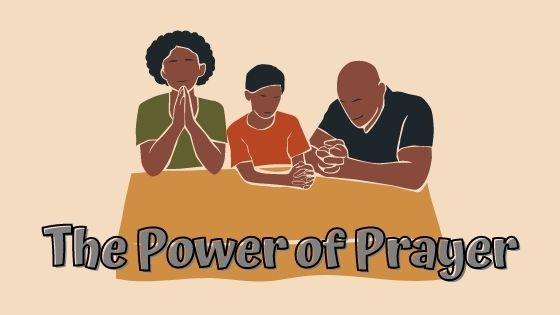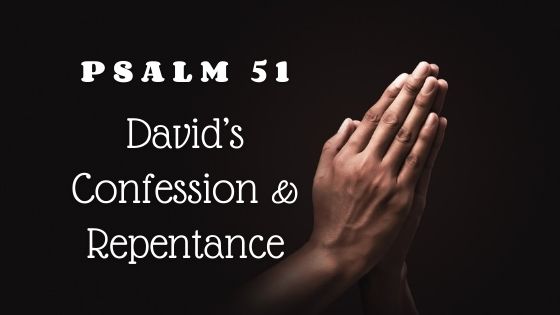The Power of God in Prayer
Do you sometimes doubt the power of God in prayer? Is it because you prayed for something and God did not grant it? Do you know someone who used to be a Christian but quit because God did not give him what he prayed for? Isn’t God a loving God, kind, and generous? Whatever it … Read more










